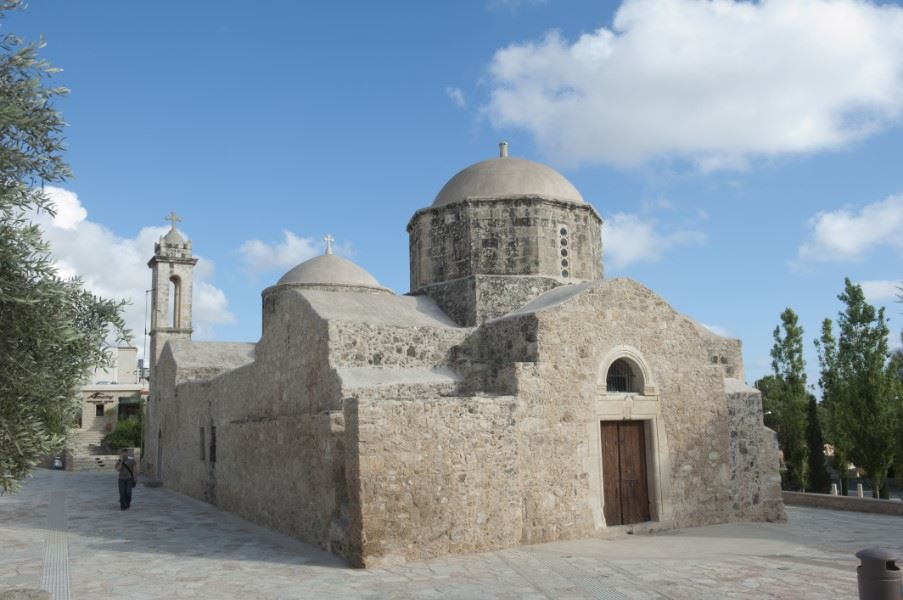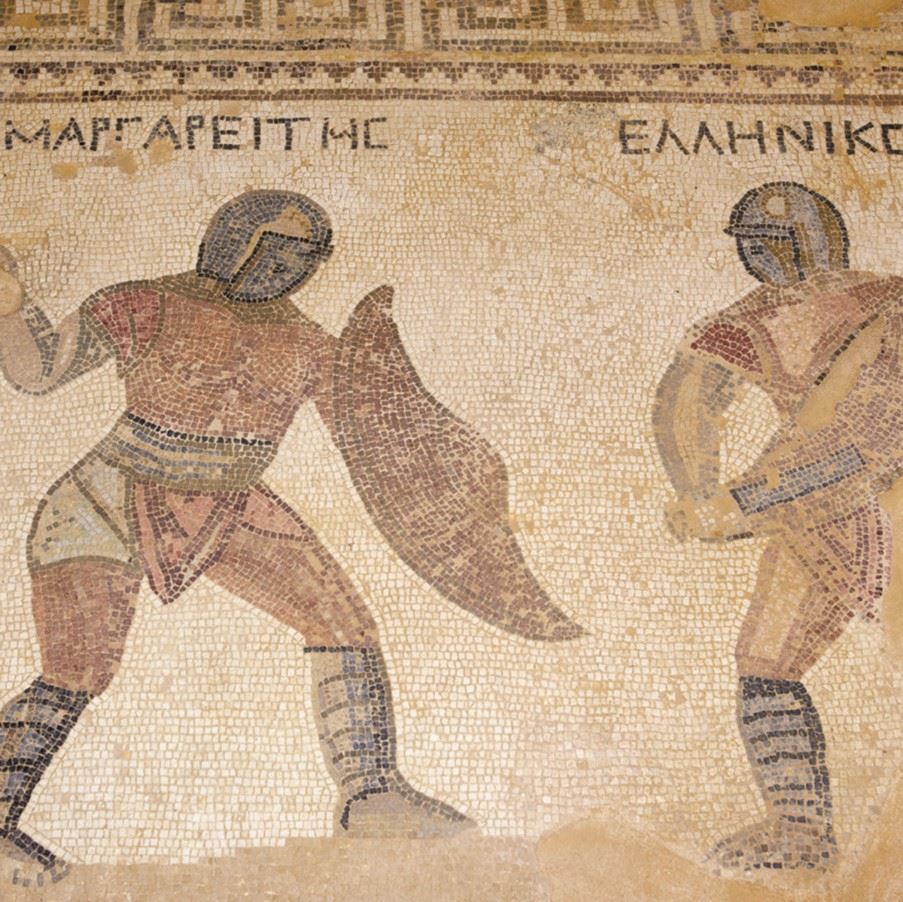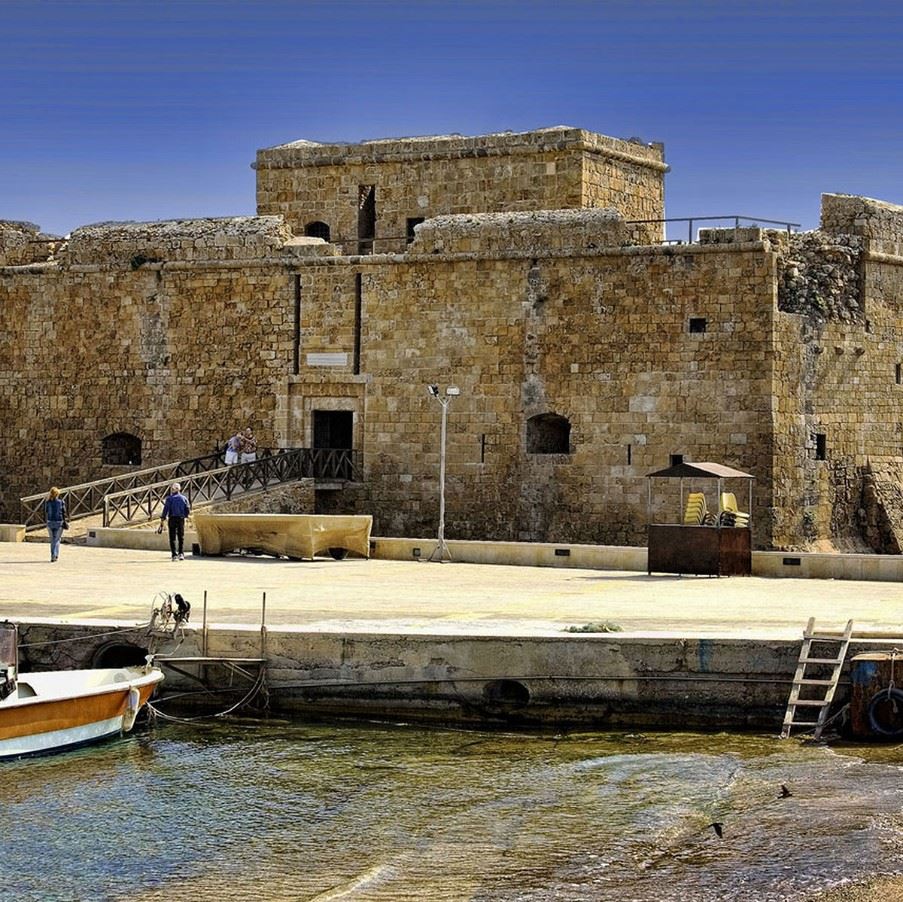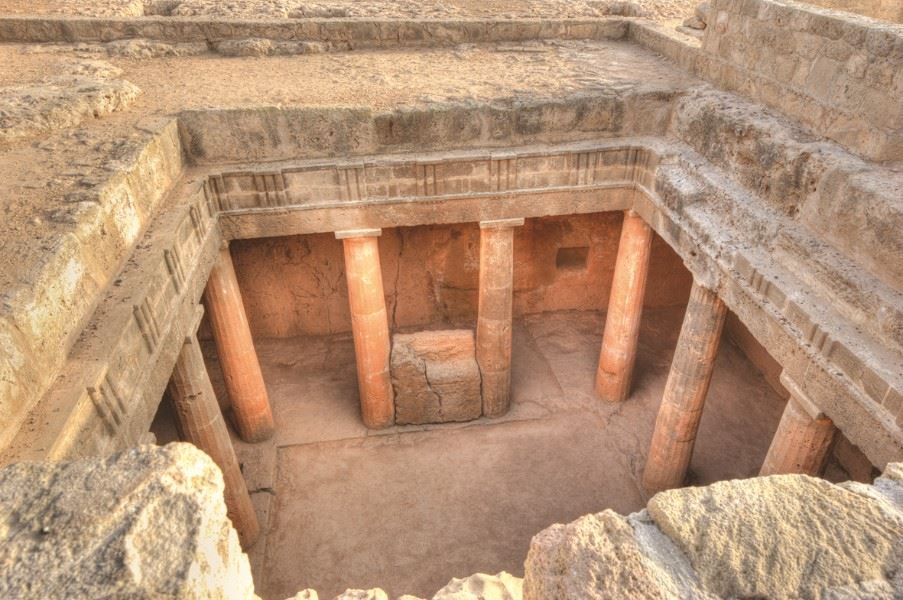St Paul and Christianity arrived in Paphos in 46 AD but, by that time, events had taken a turn for the worse with the collapse of the Roman Empire. Arab invaders sacked the city but then Byzantium stepped in, rescued Paphos and restored it to its former glory, controlling it for 700 years. Richard the Lionheart took control of Paphos during the third crusade, in 1191, but it then reverted to the Byzantines shortly afterwards. They ruled until 1489, to be followed by the Venetians until 1571, the Turks until 1878 and the British until 1960, when Cyprus became an independent republic.
2017 Events
Cyprus has much to offer the cultural visitor who enjoys good food and wine amongst other pleasures and, in 2017, the theme will be that Paphos is ‘An Open Air Factory’, based on a tradition spanning thousands of years when music, theatre, dance and culture generally were enacted in the open air.
To quote the Cultural Capital organisers: “The Open Air concept is not just about the openness of space; it is about tolerance, acceptance, encouragement and inclusion of different cultures, ideas and beliefs.
“The Open Air Factory will encompass the entire district, both spatially and socially, as well as events in other cities on Cyprus.”
They go on to say: “It highlights the need for bridging the differences between the Greek and Turkish Cypriot communities through various comprehensive projects and activities.”
Throughout 2017, Sunvil will be highlighting events taking place in Paphos, will promote short breaks to the town and will combine stays in Paphos with itineraries exploring the rest of this beautiful island, where Sunvil’s own history began. There is plenty to do and see, no matter what time of year you prefer to travel, and the Cypriot welcome will of course be as warm as ever it was. Go in February for the early signs of spring, with wild anemones starting to bloom, in March and April for spring flowers (including vivid yellow mimosa blossom) and blue skies, in May and June for warm weather – and perhaps to see turtles nesting on sandy beaches – and in peak season (if you must!) for temperatures hitting the late 30s and early 40s…
September and October are amongst my personal favourite months, with the sea warm after the summer and the daytime a delight. November continues to be warm, and the olive harvests start – another enjoyable cultural aspect of island life, in which visitors can participate. December and January can be bright and cold – but it’s generally much more clement than in the UK, and blue skies are still to be found.
There’s always a good reason to visit Cyprus, no matter what the time of year, and the Paphos Capital of Culture 2017 Award simply adds to those good reasons.
Noel Josephides






